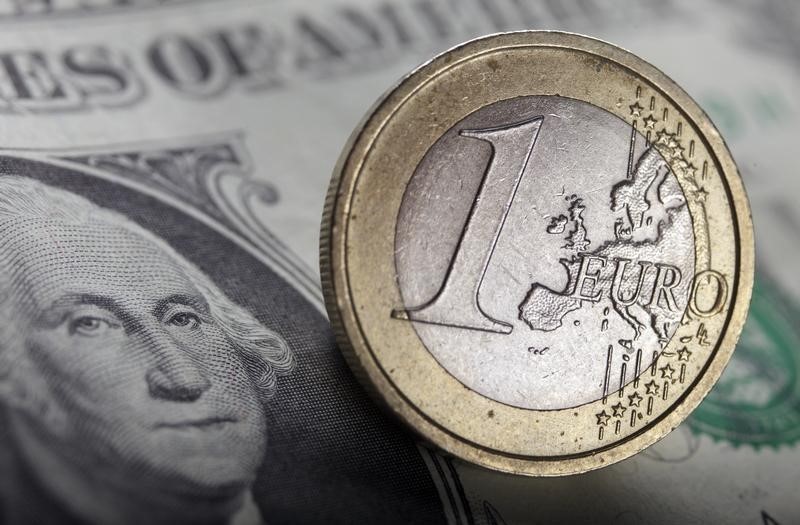The euro (EUR) has remained within a narrow trading range against the US dollar (USD) for much of 2023, with UBS analysts predicting this trend could continue throughout 2024.
According to UBS, a combination of political, economic and market dynamics makes forecasting the exchange rate particularly challenging. Key factors affecting this outlook include the outcome of the French elections, Britain’s economic policies under the new government and upcoming US economic data releases.
Impact of the French elections
The recent French elections have had a significant impact on the EUR/USD outlook. The elections resulted in a hung parliament, with President Emmanuel Macron’s centrist Ensemble group performing better than expected.
The far-right National Rally (RN) party suffered a significant defeat, coming third, behind the left-wing coalition New Ecologic and Social People’s Union (NUPES) and Macron’s centrists.
UBS analysts noted that the election results removed the immediate risk of conflict between the next French government and the European Union. With RN’s radical proposals off the table, the likelihood of EUR volatility driven by French political uncertainty has diminished.
However, the formation of the new government and its policy directions remain unclear, which could still impact the euro’s performance in the medium term.
Despite the election results being less disruptive than feared, UBS maintains its long-term target for EUR/USD at 1.0500. Analysts argue that while the French political outcomes are not the worst-case scenario, they are not particularly favorable for the euro either.
Macron’s focus on domestic politics could limit his ability to push further EU integration, which could weigh on the euro.
Scenarios for EUR/USD decline
UBS outlines three scenarios that could lead to a more significant decline in the EUR/USD than currently expected.
In the first case, UBS said that if the new French government, dominated by the left, actively works to undo key reforms such as raising the retirement age, it could cause market uncertainty and put pressure on the euro.
Second, a stalemate in the French government could create a sense of instability, which could damage investor confidence and the euro.
Last but not least, upcoming French economic data, including the preliminary PMI, business confidence and consumer confidence, could show signs of weakness due to political uncertainty. Poor economic performance would make it harder for France to meet budget targets, negatively impacting the euro, UBS said.
Despite the challenges, UBS maintains its EUR/USD target at 1.0500, with deviations possible depending on future political and economic developments.
Meanwhile, a possible shift in Democratic fortunes is expected to keep markets moving, potentially leading to greater volatility.
However, with no definitive deadline or timeline for changes other than the August 19-22 Democratic Party convention, pricing risk premia related to this issue remains difficult.
UBS analysts see the upcoming elections as a catalyst for greater implied and realized volatility in the second half of the year.


